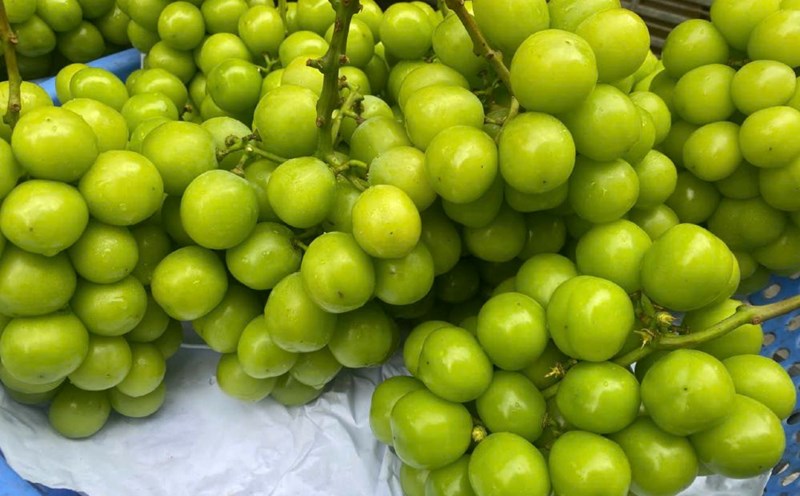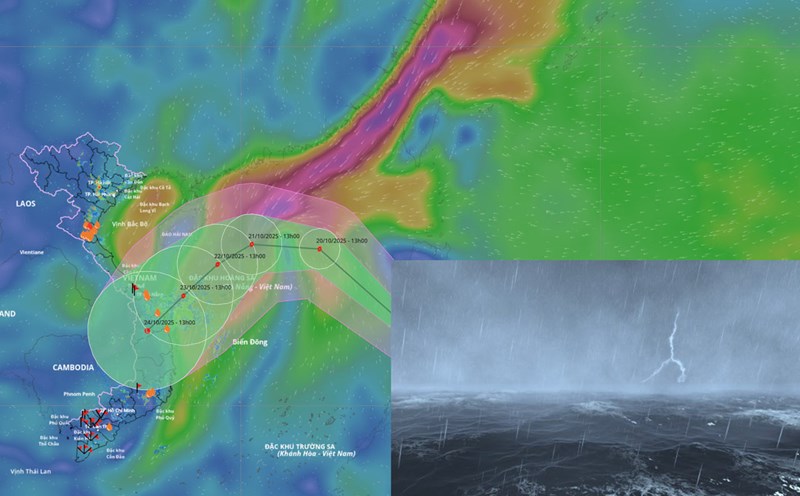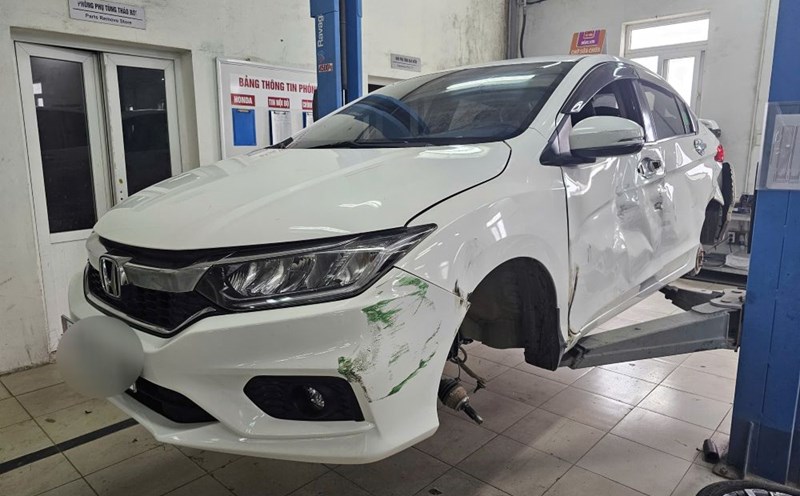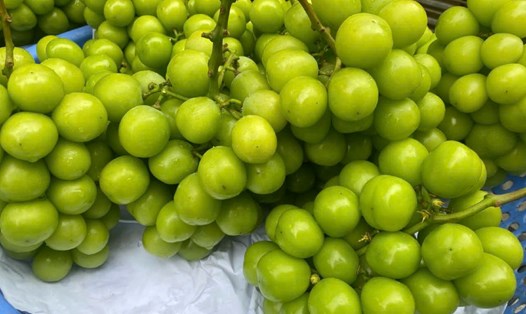Chia seeds and kidney detoxification are topics that many people are looking for, wanting to "cleanse" the body. The kidneys inherently have the ability to filter blood and eliminate toxins.
Although chia seeds do not detoxify the kidneys directly, thanks to their rich fiber content, plant protein and omega‐3, this seed can indirectly support kidney function, mainly by helping to control blood pressure, blood fat and blood sugar.
However, as the content of oxalate, potassium, and phosphorus increases, some people have to limit their consumption.
Do chia seeds really "detoxify the kidneys"?
There is currently no scientific research confirming that chia seeds have the ability to "detoxify" or "clean" the kidneys directly.
Self-filtered, healthy kidneys ure and createdinin, while the diet only contributes indirectly by reducing risk factors such as high blood pressure, chronic inflammation, and insulin resistance.
Chia seeds indirectly support the kidneys through three main mechanisms:
Fiber: When it feeds beneficial bacteria in the intestines, it also helps stabilize blood sugar and regulate lipid levels, thereby reducing pressure on the kidneys in people at risk of chronic kidney disease (CKD).
Plant-based diets: A plant-based diet is associated with a lower risk of CKD than a diet high in red meat.
Plant Omega‐3s (ALA): Supposed to reduce inflammation, lower blood pressure and support the cardiovascular system, a key pillar in protecting the kidneys.

Thus, chia seeds do not have the effect of "detoxifying the kidneys" directly, but when given the right dose and given to the right person, they can indirectly support kidney health.
In what circumstances can chia seeds be harmful to the kidneys?
High oxalate levels significantly increase the risk of kidney stones.
Chia seeds are a food with a high oxalate content, and their consumption can increase the risk of calcium oxalate stones in people who tend to form stones.
When eating, you should combine calcium-rich foods such as yogurt, cheese or soybeans with calcium to reduce the absorption of oxalate.
When potassium and phosphorus levels increase, they become a heavy burden for people with chronic kidney disease.
For those who are affected by kidney failure, paying attention to the amount of potassium and phosphorus in meals is not to be missed, because the kidneys are no longer able to excrete them. When chia seeds are consumed excessively, the risk of potassium in the blood increasing or electrolyte imbalance will increase.
Chia seeds are rich in omega-3, which have anti-reducing and mild blood pressure lowering properties, so they can cause blood pressure to drop significantly or increase the risk of bleeding if taken with medications such as warfarin, aspirin, clopidogrel.
Benefits of eating chia seeds for healthy people
Weight control: Thanks to its rich fiber ham, the feeling of fullness lasts longer and the fat absorption process is significantly reduced.

Stabilize blood sugar: Soluble fiber helps slow down the absorption of carbohydrates, thereby reducing fluctuations in blood sugar.
Improve cardiovascular: Omega‐3 and polyphenols in chia seeds help lower bad cholesterol (LDL) levels.
Anti-inflammatory: ALA, alpha‐linolenic acid, has the ability to reduce inflammatory reactions that spread throughout the body.
However, as PMC Journal (2023) has stated, omega‐3 from chia seeds is less biologically effective than fish oil, because only a part of ALA in the body is converted into EPA and DHA.
Who should consider eating chia seeds?
People with low blood pressure are often susceptible to hypotension if they supplement too much omega‐3 in their diet.
For people who are taking blood thinners or diabetes medications, taking other medications at the same time can lead to the risk of bleeding and hypoglycemia.
People with chronic kidney disease or kidney stones often have increased levels of oxalate, potassium and phosphorus.
For people with digestive disorders such as IBS or inflammation of the intestines, a diet rich in fiber can cause bloating and diarrhea.
People with an allergic reaction to sesame seeds or any other seed - can lead to cross-reactions.
Domesession and safe use
For healthy adults, the recommended dose is 10 g per day, equivalent to 2‐3 teaspoons.
How to use: Soak chia seeds in water for about 1015 minutes until they are fully blown, helping to prevent digestive blockage.
Avoid eating dried dishes. When meals are rich in green vegetables, whole grains and high in overall fiber, reducing chia seeds will help avoid feeling full.
For people with kidney disease, consulting a nutritionist before including chia seeds in the menu is extremely important.

Although chia seeds do not help detoxify the kidneys, they still support the cardiovascular system and optimize metabolism, thereby indirectly protecting the kidneys.
For people with low blood pressure, kidney disease, digestive disorders or taking medication, they should limit their use; while for healthy people, they only need to use it in moderation, soak carefully to take advantage of the benefits while still being safe.
The information in the article is for reference only, not a replacement for medical diagnosis or treatment. You should talk directly to your doctor for accurate advice that is suitable for your health condition.











